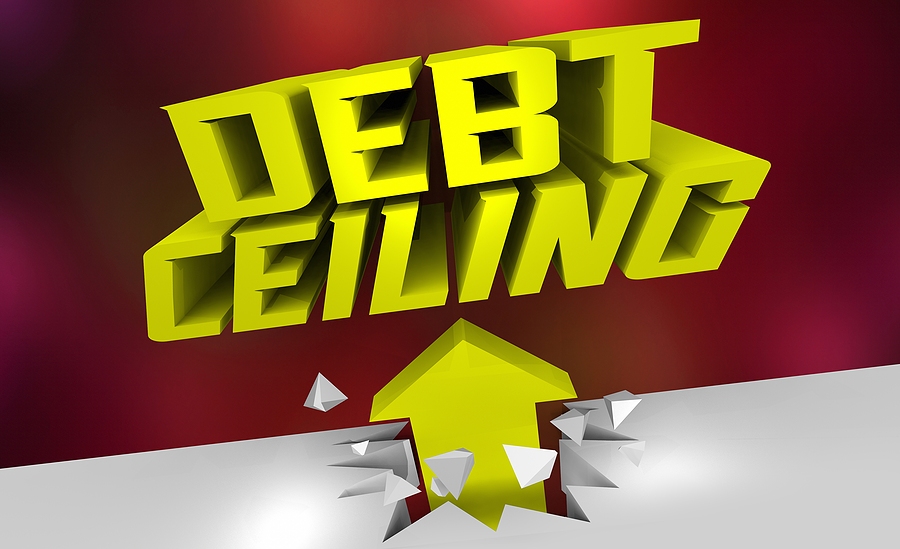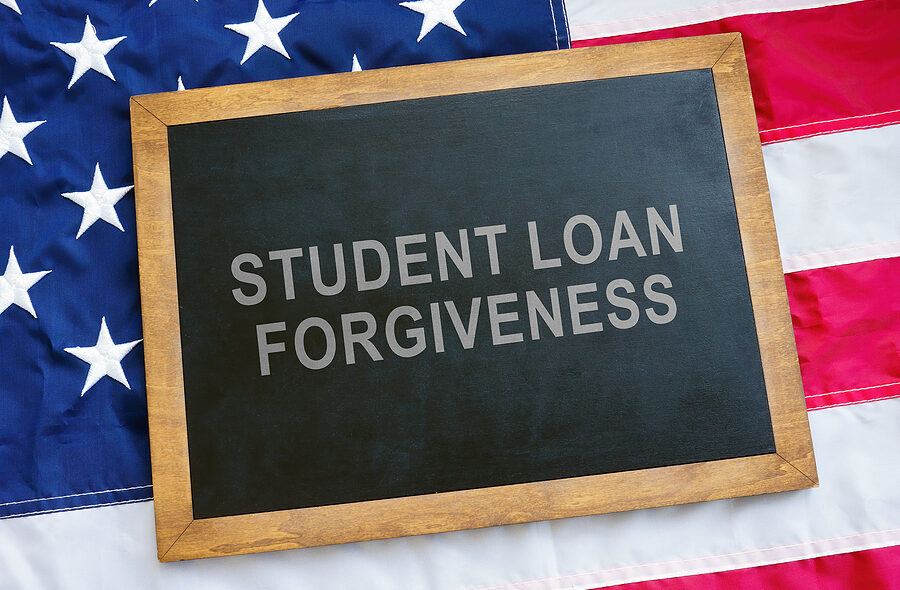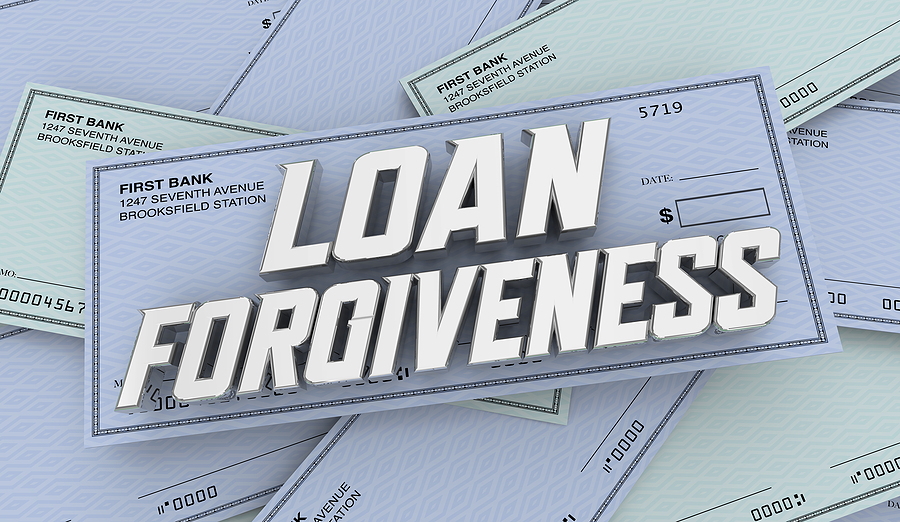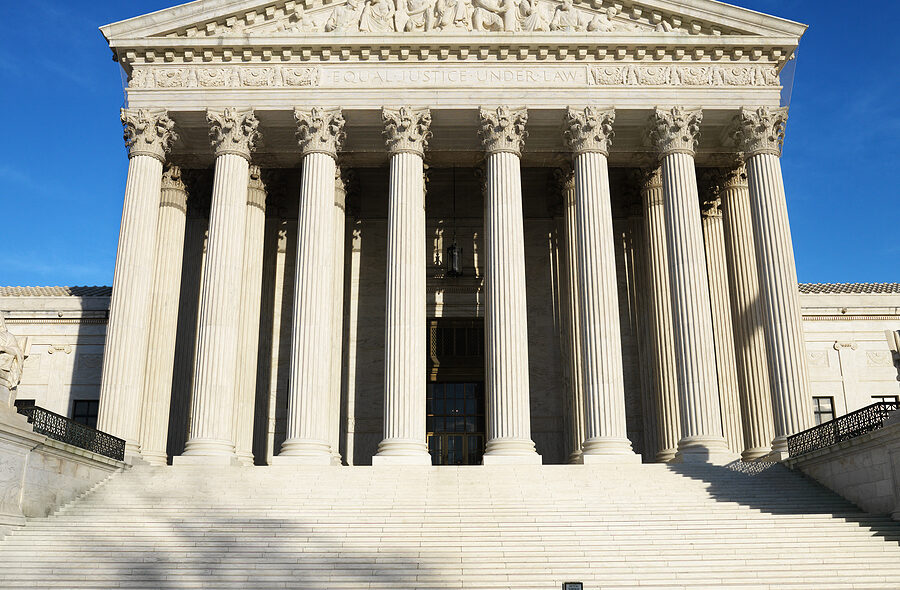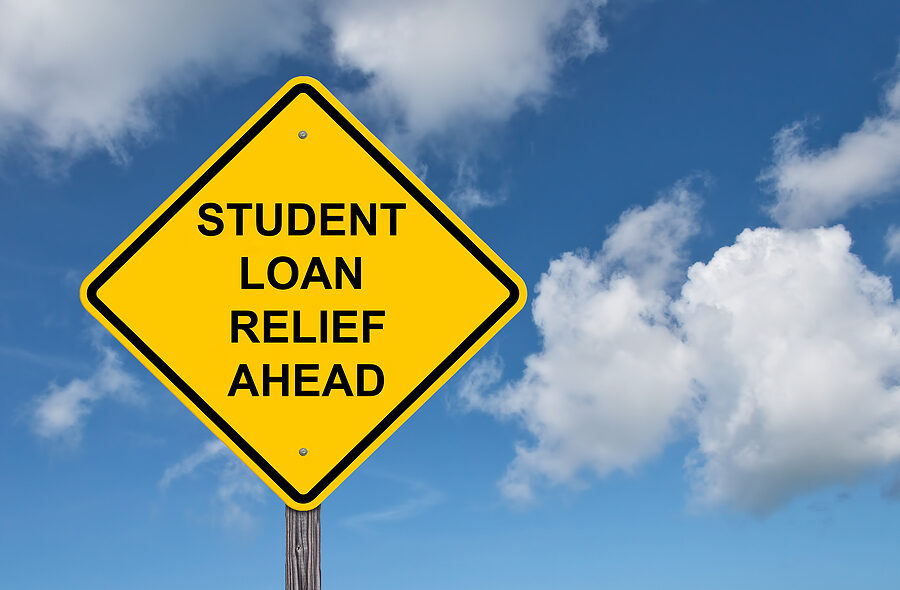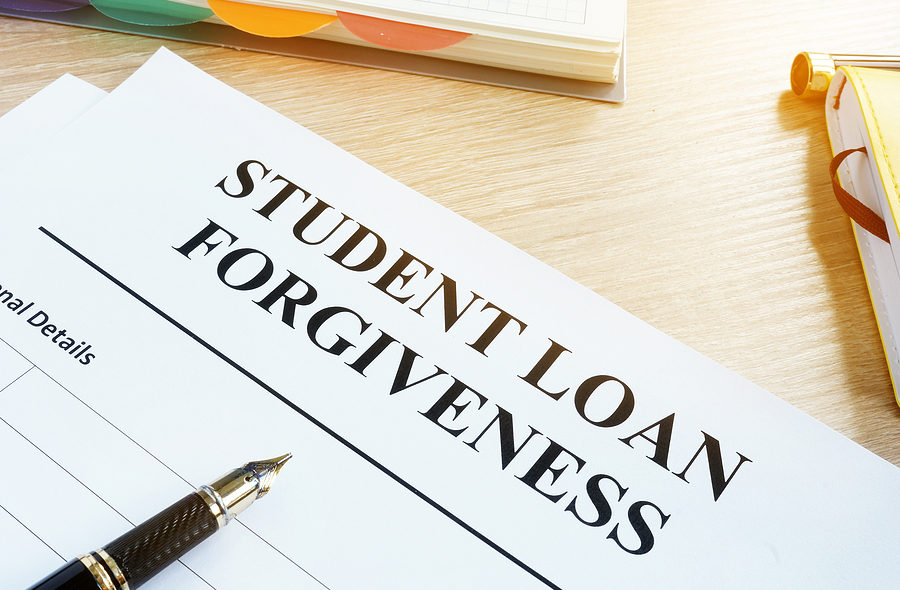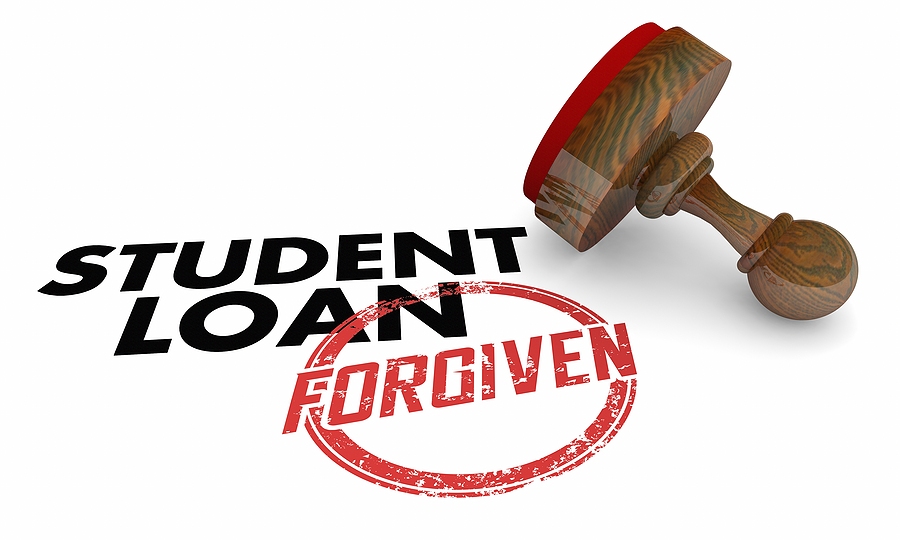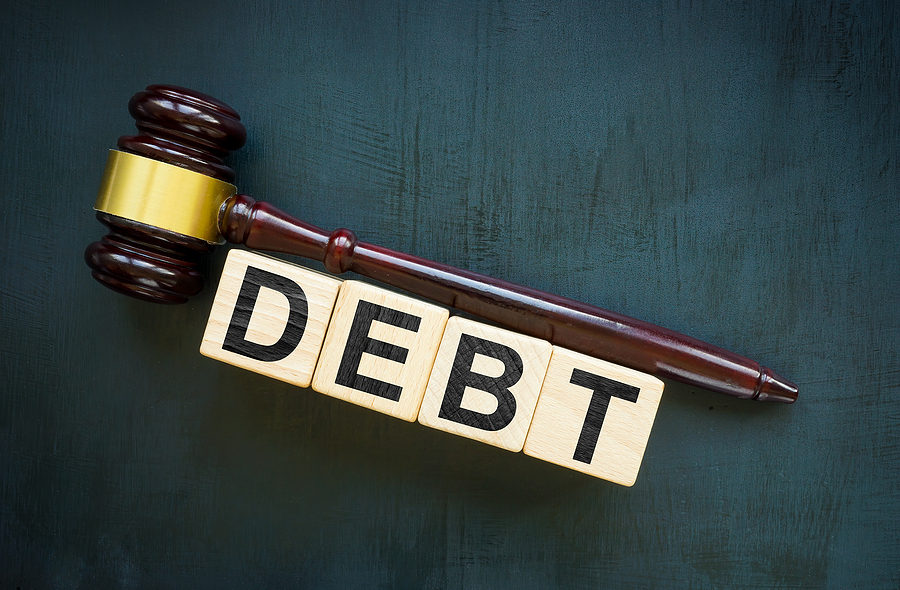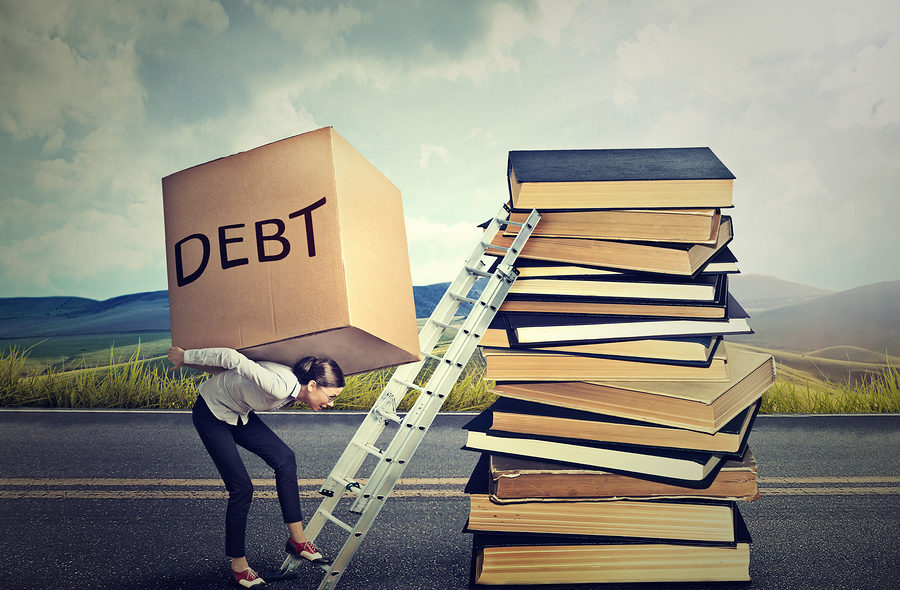The Biden administration and Congressional leaders reached a deal last week regarding the debt ceiling, one that will now have significant consequences for student loan borrowers. Once the agreement is signed into law, payments on all federal student loans that have been on pause since the start of the COVID-19 pandemic will be reinstated as of August 2023.
This deal affects approximately 43 million student loan borrowers who must now figure out how to make these payments after receiving relief for years since 2020.

